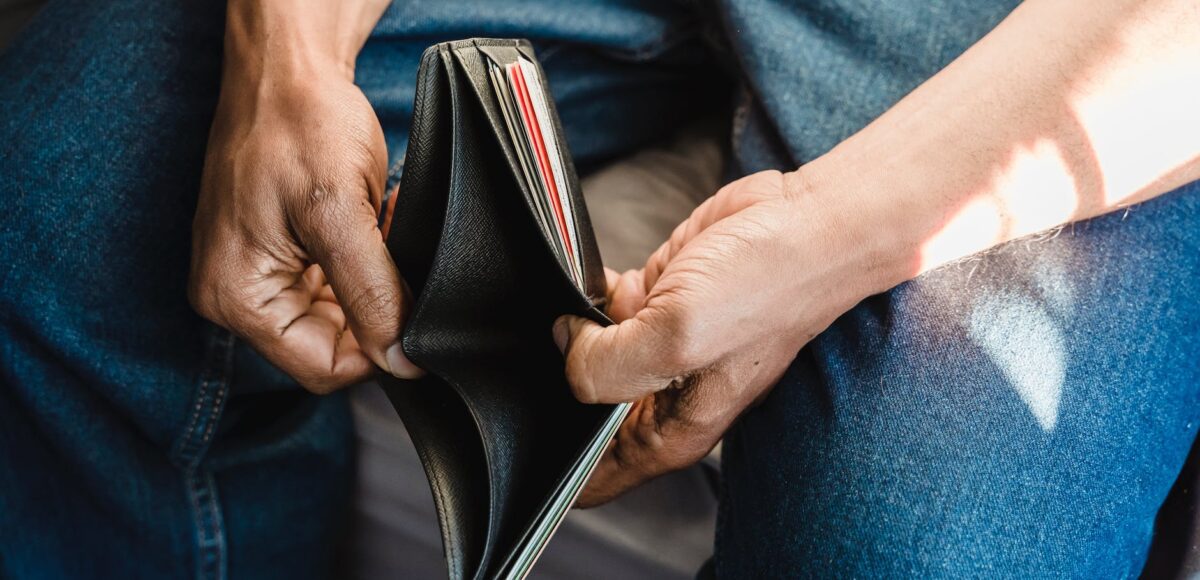Christmas is a festive season that brings joy and happiness to many people around the world. It is also a time when people tend to spend more money on gifts, travel, entertainment, and other expenses. But what happens to the economy after the Christmas holiday? Does it benefit from the increased spending, or does it suffer from a post-holiday slump? In this blog post, we will explore some of the factors that affect the economy after Christmas, and how average earners can cope with them.
The Christmas Effect on the Economy
Christmas is typically the largest economic stimulus for many nations around the world, as sales increase dramatically in almost all retail areas during this time. In 2023, total holiday retail sales in the United States were projected to have reached new highs of 957 billion U.S. dollars¹. Consumers also increased their spending on travel, with travel-related spending increasing by 12% over the 2022 holiday season. These spending patterns can boost the economy by creating jobs, increasing tax revenues, and stimulating consumer confidence.
However, the Christmas effect on the economy is not always positive. Some of the negative impacts include:
- Debt and savings. Many consumers tend to overspend during the Christmas holiday, using credit cards, loans, or savings to finance their purchases. This can lead to increased debt levels, reduced savings, and higher interest payments, which can affect their financial well-being and future spending power.
- Inflation and prices. The increased demand for goods and services during the Christmas holiday can cause inflation and price increases, especially for items that are in short supply or high demand. This can reduce the purchasing power of consumers and erode their real income.
- Seasonality and volatility. The Christmas holiday is a seasonal event that affects the economy in a cyclical way. This means that the economy can experience a surge in activity during the holiday period, followed by a decline in the subsequent months. This can create volatility and uncertainty in the economic indicators, such as GDP, unemployment, and consumer confidence.
How to Cope with the Post-Christmas Economy
The post-Christmas economy can be challenging for average earners, who may face financial difficulties, reduced income, and lower consumer confidence. However, there are some ways to cope with the post-Christmas economy and improve your financial situation. Here are some tips:
- Budget and plan. The first step to cope with the post-Christmas economy is to budget and plan your finances. You should review your income and expenses, and set realistic and achievable goals for saving, spending, and paying off debt. You should also track your progress and adjust your budget as needed.
- Save and invest. The second step to cope with the post-Christmas economy is to save and invest your money. You should aim to save at least 10% of your income, and put it in a high-interest savings account or a low-risk investment option. You should also take advantage of any tax benefits, employer contributions, or matching programs that can boost your savings and retirement funds.
- Spend and shop wisely. The third step to cope with the post-Christmas economy is to spend and shop wisely. You should avoid impulse buying, and only buy what you need and can afford. You should also compare prices, look for discounts, and use coupons or cashback programs to save money. You should also avoid using credit cards, and pay with cash or debit cards instead.
These are some of the ways to cope with the post-Christmas economy and improve your financial situation. By following these tips, you can avoid debt, save money, and prepare for the future. Happy New Year! In Advance

